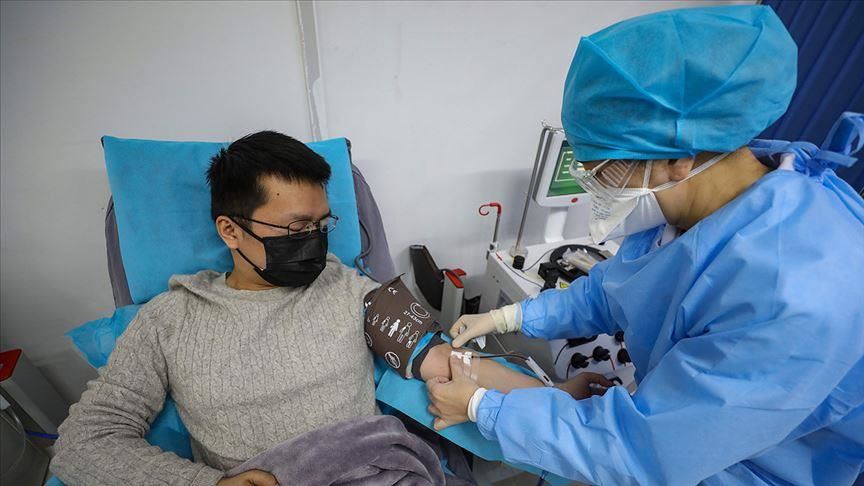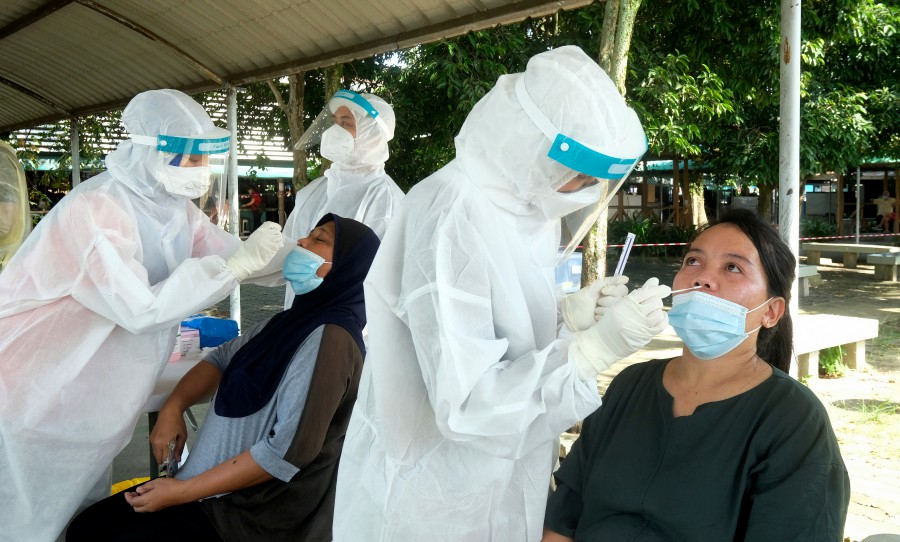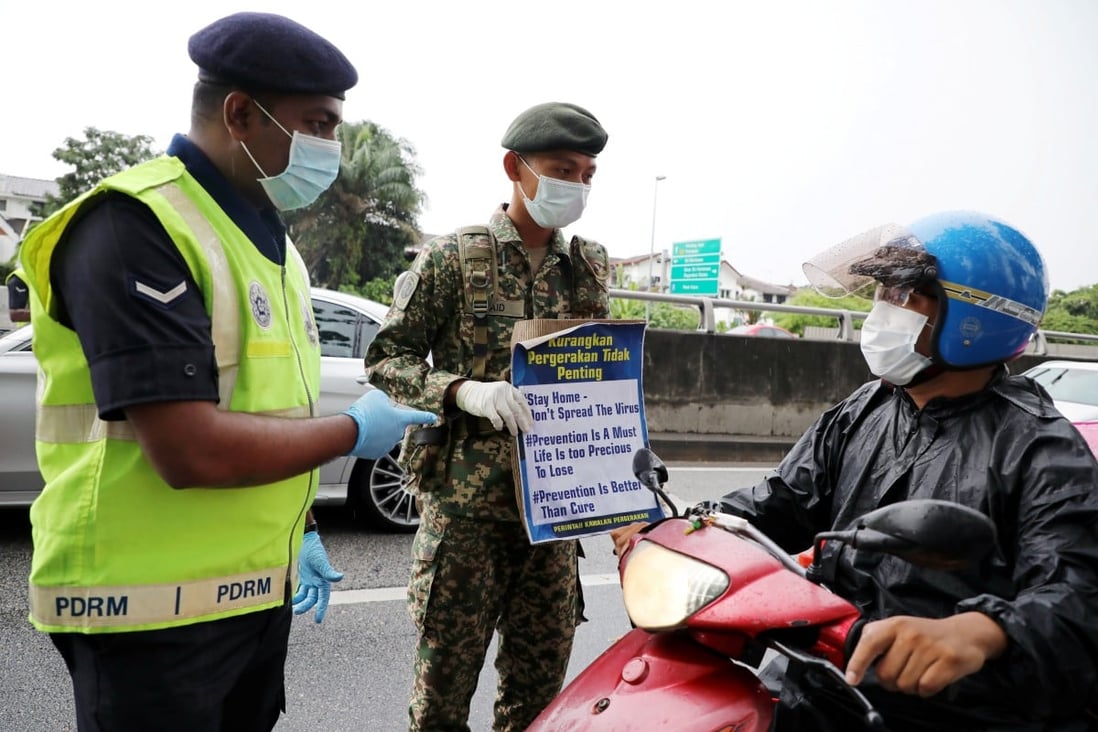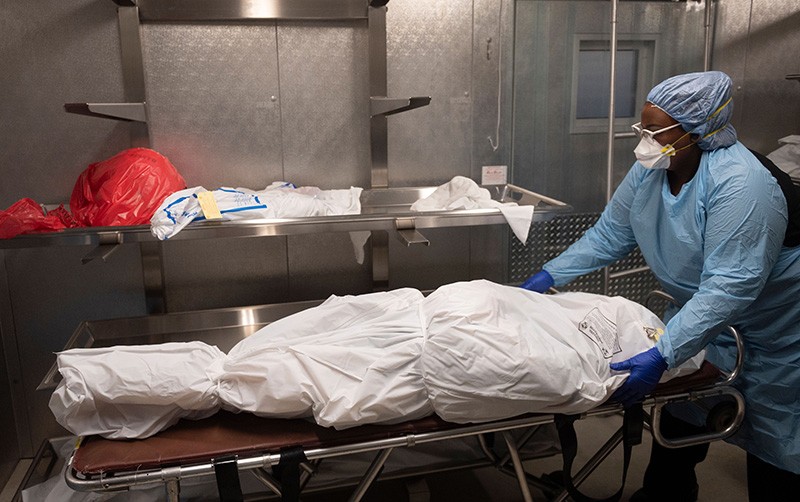
Millions of people around the world will start being vaccinated with the COVID-19 vaccine. Due to a large amount of misinformation on social media, people began to worry about the possible side effects of this vaccine and some of them choose not to vaccinate. Therefore, these pessimist rumours must be eliminated.
Myth 1: Vaccines Are Not Safe As They Are Developed Quickly
The vaccine was successfully developed in a short time because the world is facing a serious emergency. The Pfizer vaccine has been tested on approximately 43,000 participants and has shown an efficacy rating of 95% with no major safety risks. Similarly, independent scientists evaluated the results of advanced trials of the Oxford/AstraZeneca vaccine for more than 20,000 people and found that these results are safe and effective.
Before the vaccine can be approved for emergency use authorization, all vaccine manufacturers also must track the test results of participants within two months after injection. Then, the vaccine will be undergone a safety review by federal authorities before reaching the public. Therefore, although the process of developing a vaccine is speedy, there is no bypass, and the vaccine still went through the traditional stages of all trials. So far, we have no specific reason to believe that any coronavirus vaccine is unsafe.

Myth 2: Coronavirus Vaccine Will Bring Viruses
All leading health experts have denied the above claims. Just like the flu vaccine will not bring us flu, the coronavirus vaccine will not bring us COVID-19. An epidemiology educator at Indiana University pointed out that we must wait for a process called seroconversion after being vaccinated. During the seroconversion process, our body recognizes the contents of the vaccine as an intruder and begins to respond to them. Eventually, our body will produce antibodies that protect us from virus infection. However, this process can take several weeks. At the same time, if you are infected within a short period of time after being injected with the coronavirus vaccine, the result of the swab test is still positive. This is by no means a direct result of vaccination.

Myth 3: Coronavirus Vaccine May Change Genes
This is incorrect. Many newly developed vaccines use messenger ribonucleic acid (mRNA), a single-stranded molecule of the virus's genetic material that plays a vital role in human biology, especially in protein synthesis. However, mRNA does not interact with our DNA or alter human genetic makeup. In fact, coronavirus vaccines using mRNA help the body's natural defence system, thereby enhancing immunity against diseases. The genetic modification requires the deliberate injection of foreign DNA into the nucleoli of our cells, and vaccines have no such ability.
Myth 4: Vaccines Will Make Us More Susceptible To Other Diseases
Historically, vaccines have not produced any effect that can leave people vulnerable to injury or risk of other diseases. The vaccine may promote adaptive immunity. Adaptive immunity refers to the immunity generated after exposure to antigens from vaccines or pathogens (such as the SARS-CoV-2 virus). In addition, most coronavirus vaccines do not contain live viruses that may make us sick. These vaccines only trigger the body to recognize viral proteins so that our immune system can respond to them.

Myth 5: Coronavirus Vaccines Have Dangerous Side Effects
The mRNA vaccine was first tested in humans in 2013. Early clinical trials using mRNA vaccines have been used for influenza, Zika virus, rabies and cytomegalovirus (CMV). So far, no serious side effects have been reported. In an early study of the coronavirus vaccine, approximately 15% of participants experienced transient mild symptoms such as headache, chills, fatigue, muscle pain or fever for a few days. These symptoms are normal responses to the vaccine and they occur within the first 6 weeks after vaccination.
It is important to understand that once the vaccine enters our body, our immune system will recognize the vaccine as an invader and triggers an immune response. So far, no potentially dangerous or long-term side effects have been reported from any coronavirus vaccine trials, so this claim is unfounded.
Myth 6: One Does Not Need To Wear A Mask After Being Vaccinated Against Coronavirus
Currently, there is not enough data to support that people who are vaccinated will not carry the virus and spread it to others. Therefore, we must continue to comply with all safety regulations, including wearing masks. In addition, although vaccines are likely to be effective, none of them will be 100% successful. Therefore, we still need to wear masks until a large number of people are vaccinated.

Myth 7: One Who Has Been Infected With The Coronavirus No Longer Needs The Vaccine
People who have had infected with COVID-19 will indeed produce antibodies in their bodies. However, these antibodies have a short lifespan, and the length of this kind of natural immunity varies from one person to another person. People may be reinfected by the disease. Therefore, experts emphasized that people who have been infected with the coronavirus should also be injected with a vaccine.

Myth 8: Coronavirus Vaccine Will Completely Stop The Pandemic
Many people started to believe that the production of vaccines will completely end the pandemic and that we can return to normal life as before. This is not true. A successful vaccine will undoubtedly help protect us from the coronavirus and reduce the death rate. However, there is still a long way to go to stop this epidemic completely. First of all, for various reasons, not everyone agrees with vaccination. Similarly, it takes time for everyone to be vaccinated at the same time. Before that, we need to follow safety measures and hope that the vaccine will help greatly reduce the risk of transmission over time.

The above 8 myths have been circulating on the Internet. Hope this article can help you to solve the clues in your mind.





